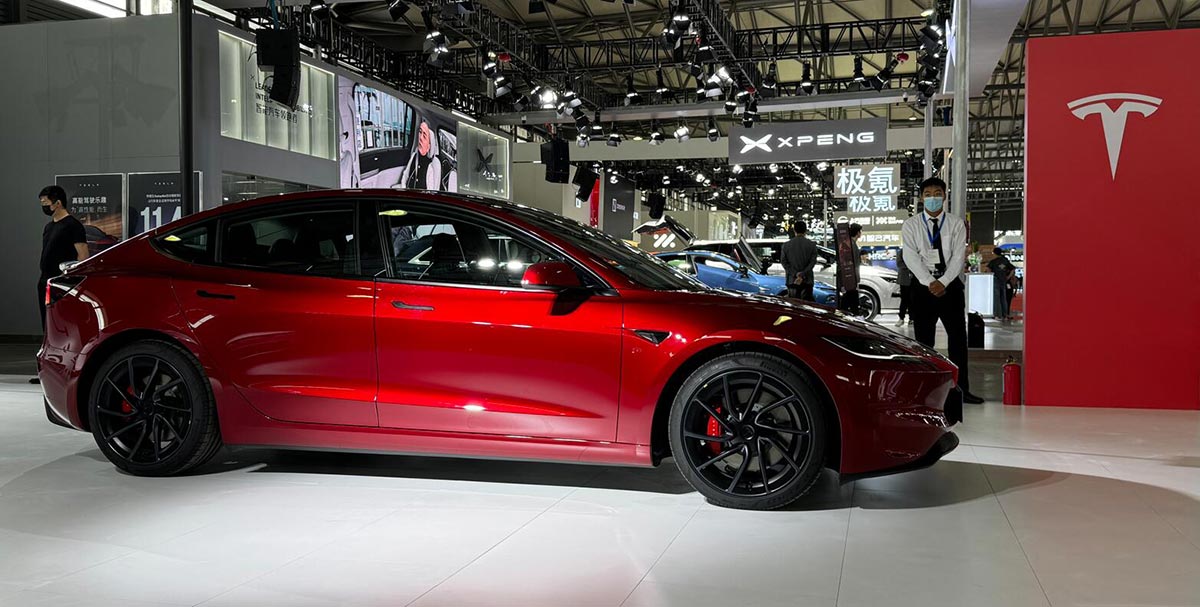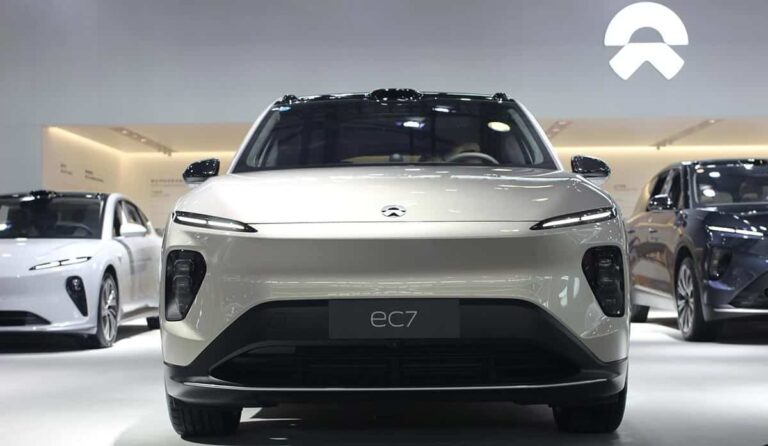Currently, the only China-made EVs imported into Canada are Tesla vehicles produced at the Shanghai plant.

Canada is considering new tariffs on electric vehicles (EVs) imported from China, following the actions of the US and the European Union.
Canada will launch a 30-day consultation on July 2 to explore possible policy responses to protect the country's auto workers and EV industry from "unfair trade practices" and to prevent trade diversion resulting from recent action taken by Canadian trading partners, Canada's Department of Finance announced in a June 24 statement.
The consultations will seek views on possible policy responses, including the imposition of a surtax, and possible additional measures, such as adjustments to the federal Incentives for Zero-Emission Vehicles (iZEV) program and investment restrictions, according to the statement.
The consultations will seek advice on cyber and data security related to protecting the privacy of Canadians and Canada's national security interests, the statement said.
The Canadian government will also consider policy perspectives that have contributed to China's overcapacity and surge in EV exports, including labor and environmental standards and "unfair and non-market practices," according to the statement.
Since 2020, China has become the world's largest EV manufacturer and exporter, and its capacity continues to grow due to policies such as extensive state subsidies and other non-market practices, the statement said.
In 2023, China's annual EV exports totaled $47.2 billion, up from $200 million in 2018, the statement noted.
China's "unfair trade practices" include weak standards across the EV supply chain, including poor labor standards, lack of environmental protection, and trade policies that support oversupply, the statement claimed.
Connected cars containing technology from China also pose significant risks to Canadians' privacy, their data and Canada's national security interests, the statement added.
Canada's international partners, including the United States and the European Union, have recently responded to unfair competition in its EV industry, the statement said.
Currently, the only China-made EVs imported into Canada are that of US tech giant Tesla (NASDAQ: TSLA), manufactured at the company's Shanghai plant. No Chinese-branded electric vehicles are currently sold or imported here, Canada's CTV News said in a report today.
Tesla is subject to a 6 percent import tariff, which is currently the rate applied to any China-made cars, but most models qualify for a $5,000 rebate, according to CTV News.
The US government announced plans in May to nearly quadruple the tariffs on China-made EVs, with a final rate as high as 102.5 percent.
The European Union said on June 12 that it plans to raise tariffs on Chinese EVs, with some vehicles facing additional tariffs of up to 38.1 percent on top of the original 10 percent tariff.
On June 22, China's Ministry of Commerce said that China and the EU would launch consultations on the anti-subsidy investigation case against Chinese EVs.
